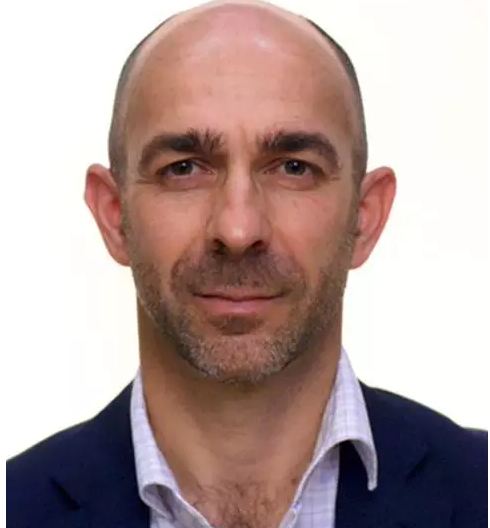Europe in Permanent Crisis? How to Deal With Today's EU Challenges
时间:2016年11月2日(星期三)13:15-15:15
November 2nd, 2016 (Wednesday)13:15-15:15
地点:紫金港校区东1B-406(Zi-Jin-Gang Campus, East Building 1-B, Room406)
承办:浙江大学公共管理学院政治学系
主讲人简介:

Mr. Javier Arribas Quintana
海威尔·阿里瓦斯·金塔纳先生
欧盟理事会金融事务高级专家,原欧盟驻华高级代表
自1993年进入欧盟委员会工作以来,金塔纳先生曾先后任职于欧盟内部市场及服务总司等多个部门,2007年5月至2012年12月任欧盟驻华使团一等金融参赞,负责金融服务领域和公共采购等。金塔纳先生对欧元、欧盟金融政策、欧中金融关系有深入研究, 参与了欧盟一些列金融政策的制定与执行。本次金塔纳先生将特别为浙大师生做题为“欧洲危机与欧盟的应对”的讲座。
欢迎广大师生参加!
Europe seems to be in permanent crisis: In the last few years this crisis has intensified and multiplied its derivations: Financial and economic crisis, refugee crisis, and most recently the own EU existential crisis with the unhappy prospect of a member leaving the ranks. Some vilify the inefficiencies of the European Union and its slow and complex decision making process; others criticize its weaknesses and its inability to speak with one voice, many predict the end of the economic and monetary union and ultimately the collapse of the European project as a whole. Yet, as one of the most successful peace projects in history, the construction of a common European house is more needed than ever. The threats and challenges ahead are plentiful, both external and internal. Terrorism and neighboring wars threaten our security at home and abroad; globalization, unemployment and social inequality boosts populist political movements, some times xenophobic, rocking the foundations of centuries-old European democracies; mountains of public debt put into question the economic prospects of future generations.
Will Europe’s economy finally recover or be stuck in low growth and deflation for the next decade? Will the EU be able to conclude trade agreements and shape economic, social and environmental standards for the world? Will Europe continue to lead the fight for human rights and fundamental values? Or will Europe disappear from the international scene and leave it to others to shape the world? As president Juncker recently said in its annual speech on the state of the Union: “The facts are plain: the world is getting bigger. And we are getting smaller. Today we Europeans make up 8% of the world population — we will only represent 5% in 2050. By then you would not see a single EU country among the top world economies. But the EU together? We would still be topping the charts”. For this to be true we need to persevere in the project, continue searching for common ground, fight if needed, among ourselves and with our major partners, around the table, not in the trenches, and keep up the pace of integration. The benefits are clear: peace and property, strength and stability; not only for Europe but also for the benefit of the rest of the world.
欢迎关注浙江大学公共管理学院官方微信
关注方式:扫一扫下方二维码或者输入微信号zjuspa即可成功添加


